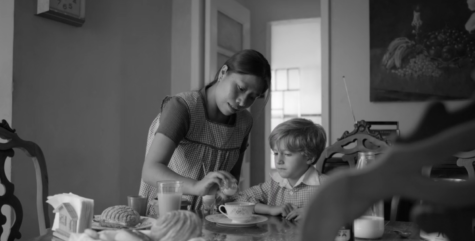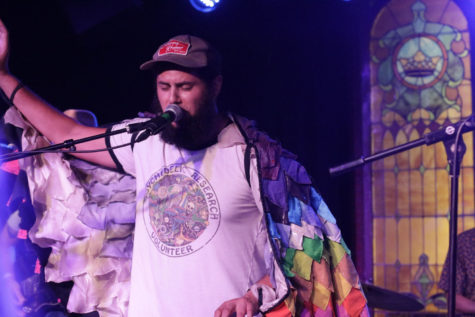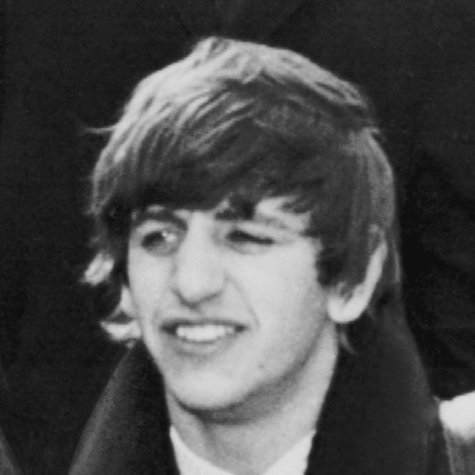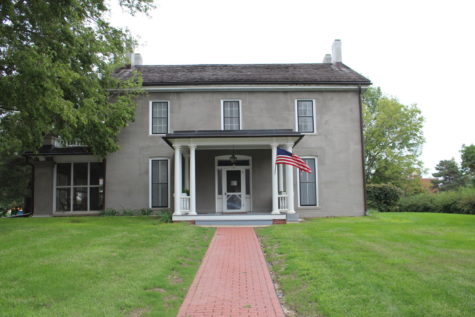- Ames247
- App Content
- App Content / Lifestyle
- Arts And Entertainment
- Limelight
- Limelight / Culture
- Limelight / Profiles
Mary Tyler Moore, actress and feminist icon, dies at 80
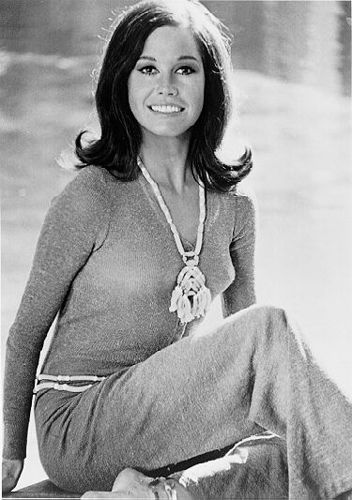
Moore died Wednesday after suffering from a cardiopulmonary arrest related to pneumonia.
January 25, 2017
It’s hard to believe that seeing a woman wearing pants, a couple sleeping in separate beds, and a single woman in the workforce on screen was once a cause for controversy – you have Mary Tyler Moore to thank.
She was more than a reference in “Buddy Holly” by Weezer – Mary Tyler Moore was an actress whose work turned her into a feminist icon.
Hailing from Brooklyn, Moore got her start in commercials as a dancer. She was well-known for playing “Happy Hotpoint” in appliance commercials in the 1950’s. She also served as a dancing extra in many stage performances and television shows during that time. Also during this time, she had a role in the show “Richard Diamond, Private Detective”. Her face was never shown, but her “shapely” legs were.
The first of her major roles came in 1961 when she won the lead opposite to Dick Van Dyke in “The Dick Van Dyke Show”. She played Laura Petrie, described as “one of television’s most beloved wives”.
She played a typical suburban housewife, but caused a stir among viewers for wearing capri pants instead of dresses or skirts. This started a fashion trend during the decade, helping it become more acceptable for women to wear pants. Her role in the show won her two Emmys.
“The Dick Van Dyke Show” ended in 1966 and, in 1970, Moore landed her own show titled “The Mary Tyler Moore Show”. She played Mary Richards, a single woman who worked as a television news producer. This show was one of the first “working-woman sitcoms”.
Moore not only starred as an independent career woman on the show, she worked on it as one as well. She co-produced the show with her husband through her own company, MTM Enterprises. As Mary Richards, Moore helped stylize the idea of unmarried women invested in their careers without having interpersonal relationships with male coworkers. The show helped Moore win three more Emmys for Outstanding Continued Performance by an Actress in 1973, 1974, and 1976.
MTM Enterprises also produced a number of popular sitcoms including “Taxi”, “Remington Steele”, and “Cheers”.
After “The Mary Tyler Moore Show”, Moore acted in many Broadway shows. She hit the big screen with films such as “Lincoln” and “Stolen Babies”, for which she earned another Emmy.
In her early thirties, Moore was diagnosed with Type I diabetes. She became a spokesperson and advocate for the Juvenile Diabetes Research Foundation and appeared at many fundraisers on its behalf. She also worked with animal groups such as the Humane Society and Farm Sanctuary. She co-founded Broadway Barks, which organizes an annual event with Broadway stars to encourage animal adoption.
In 2012, the Screen Actor’s Guild presented Moore with a lifetime achievement award. A statue was erected in Minneapolis, the setting for “The Mary Tyler Moore Show”, depicting the iconic image of Moore throwing her hat in the air as seen in the intro of the show.
Moore died Wednesday after suffering from a cardiopulmonary arrest related to pneumonia. She was 80. Her publicist said, “Today, beloved icon, Mary Tyler Moore, passed away at the age of 80 in the company of friends and her loving husband of over 33 years, Dr. S. Robert Levine. A groundbreaking actress, producer, and passionate advocate for the Juvenile Diabetes Research Foundation, Mary will be remembered as a fearless visionary who turned the world on with her smile.”
Many celebrities took to Twitter to express their sadness. “Mary Tyler Moore changed the world for all women. I send my love to her family.” Ellen DeGeneres tweeted.
Mary Tyler Moore changed the world for all women. I send my love to her family.
— Ellen DeGeneres (@TheEllenShow) January 25, 2017
“There are no words. She was THE BEST! We always said that we changed each other’s lives for the better.” tweeted former co-star Dick Van Dyke.
There are no words.
She was THE BEST!
We always said that we changed each other’s lives for the better.
I… https://t.co/Xm8OBbQQ8j— Dick Van Dyke (@iammrvandy) January 26, 2017
Mary Tyler Moore’s character inspired many others, from Rachel Green played by Jennifer Aniston on “Friends” to Liz Lemon played by Tina Fey on “30 Rock” and many more. Moore was known for producing characters that were unique yet relatable and paved the way for many actresses today.
“I’m not an actress who can create a character,” Moore once said. “I play me.”








